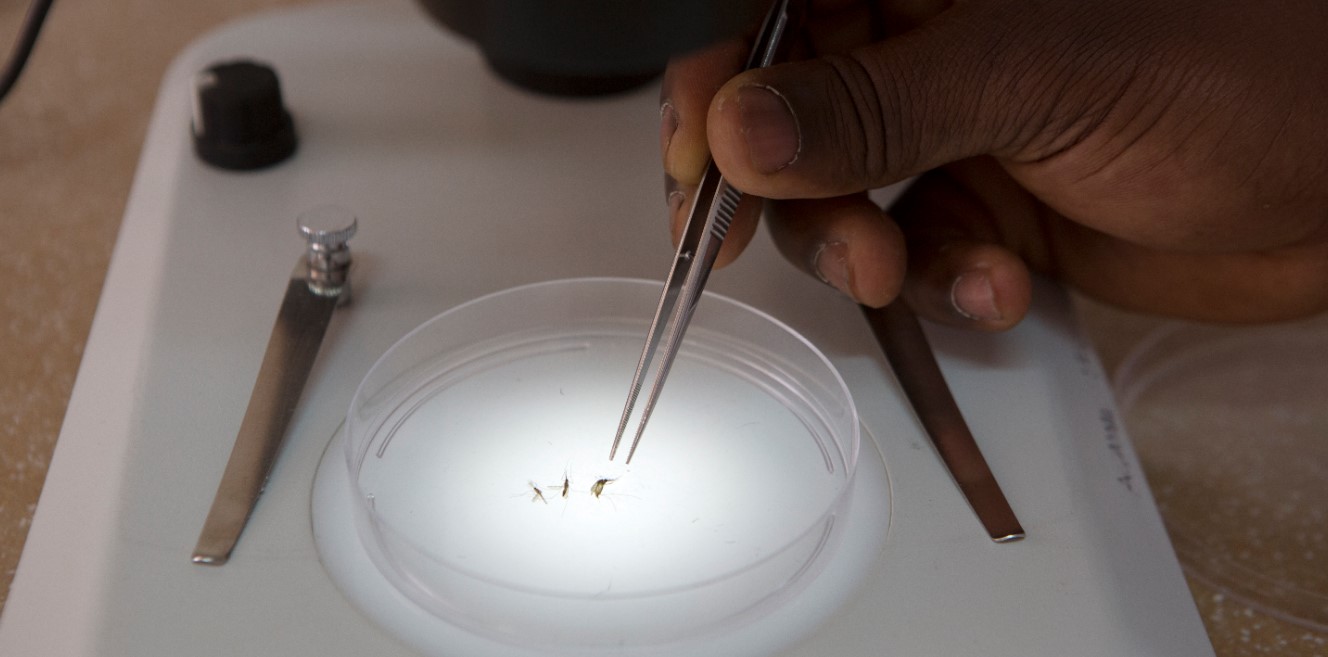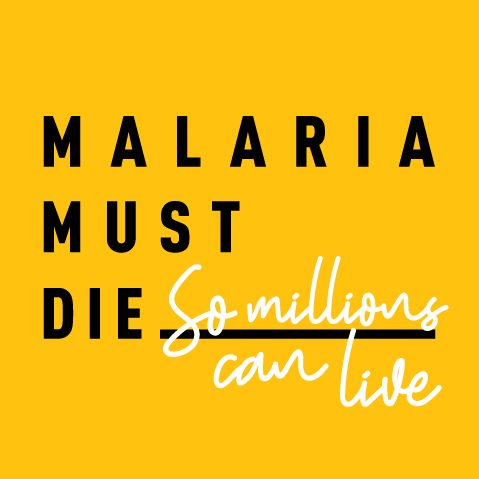Since 2000, global commitment and action has saved 7 million lives from malaria, prevented over 1 billion malaria cases, and reduced the global malaria burden by over 60%.
However, in the past few years, the rate of progress against malaria has slowed significantly. In 2018, the disease still claimed the lives of over 400,000 people, most of these pregnant women and children under 5. This year, the rapid spread of COVID-19, threatened to severely disrupt life-saving malaria services, putting families, fragile health systems in malaria-affected countries, and decades of hard-fought progress at risk.
In April, a modelling analysis by the WHO predicted that malaria deaths in sub-Saharan Africa could double this year alone – to rates last seen almost 2 decades ago – if access to life-saving insecticide-treated nets and antimalarial treatment was severely curtailed.
However, in the last six months, many countries, governments, and global partners have shown incredible commitment by acting quickly, efficiently, and safely to move ahead with essential anti-malaria programmes, proving that we don’t need to choose between protecting populations from COVID-19 or malaria; we can – and should – do both. These efforts, undertaken before the rainy season, could save almost 400,000 lives and prevent a surge in malaria cases from overburdening already challenged health systems.

Nevertheless, the full impact of COVID-19 on the fight against malaria may not be known for some time. Even with the remarkable actions taken by countries, malaria cases and mortality are expected to rise, as the pandemic continues to threaten the delivery of life-saving malaria interventions and deters people from seeking care for malaria at health facilities. In August, a WHO survey on continuity of essential health services found that 46% of countries reported disruptions in malaria diagnosis and treatment.
Therefore, it is essential that countries and partners continue to work together to tackle malaria during the COVID-19 pandemic and beyond. Investments in malaria not only save lives, but also strengthen the capacity and resilience of the health frontline, which is then better able to protect communities from COVID-19 in the short term, and respond to any future health threats in the long term.
Britain has been at the forefront of global progress against malaria to date, both through political and financial leadership, and world-leading science and innovation. As the second largest international donor to the malaria fight, continued UK investment will be crucial to accelerating progress against malaria over the coming years. As important spending decisions are taken over the coming months, it is vital that the UK government renews its current level of investment in tackling malaria until the end of the current parliament.

